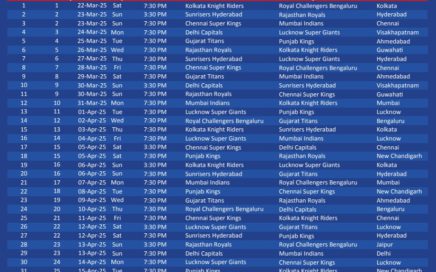
Nagpur: Authorities in India have alerted people about a new scam, which involves fraudsters tricking users into merging calls and unknowingly sharing their One-Time Passwords (OTPs). This allows scammers to complete unauthorised transactions and steal money.
The Unified Payments Interface (UPI), developed by the National Payments Corporation of India (NPCI), on its X account, warned users, saying, “Scammers are using call merging to trick you into revealing OTPs. Don’t fall for it! Stay alert and protect your money. Share this post to spread awareness!#UPI #CyberSecurity #FraudPrevention #StaySafe #OnlineFraudAwareness #SecurePayments pic.twitter.com/kZ3TmbyVag” — UPI (@UPI_NPCI) February 14, 2025
How the scam works
The scam begins with a call from a stranger claiming to have received your phone number from a friend. The scammer then mentions that the “friend” is calling from a different number and asks you to merge the calls. Once the call is merged, the unsuspecting user unknowingly connects with a legitimate OTP verification call from their bank.
The scammers time this perfectly such that the victim shares the OTP without realising the trickery. As soon as the OTP is provided, the fraudsters complete the transaction, and the victim’s money is lost.
How to stay safe
UPI has issued safety tips to avoid falling victim to this scam:
• Never merge calls with unknown numbers – Always be cautious when asked to merge calls, especially from unfamiliar sources.
• Verify the authenticity of the caller — If someone claims to be from your bank or a known contact, ensure you verify their identity before taking any action.
• Report suspicious OTPs — If you receive an OTP for a transaction you didn’t initiate, immediately report it to 1930 to alert your bank and take necessary action.
Last month, a survey revealed that over one-third of people in India have fallen victim to scams involving real-time payments. A report by global analytics company FICO highlighted the growing threat of scams in the country. It was found that 60 per cent of respondents received scam messages, while 54 per cent knew someone — either friends or family — who had been scammed. Although fewer consumers reported losses in 2024 compared to 2023, the value of losses exceeding Rs 8 lakh doubled from 2 per cent to 4 per cent.
















